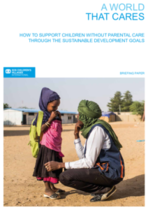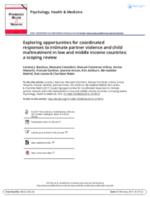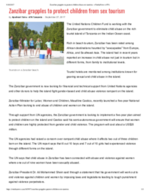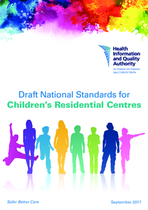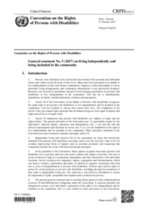A World that Cares: How to Support Children without Parental Care through the Sustainable Development Goals
This briefing describes how the needs of children without parental care can be addressed through five of the SDGs: no poverty (1); quality education (4); decent work and economic growth (8); reduced inequalities (10); and peace, justice and strong institutions (16).

